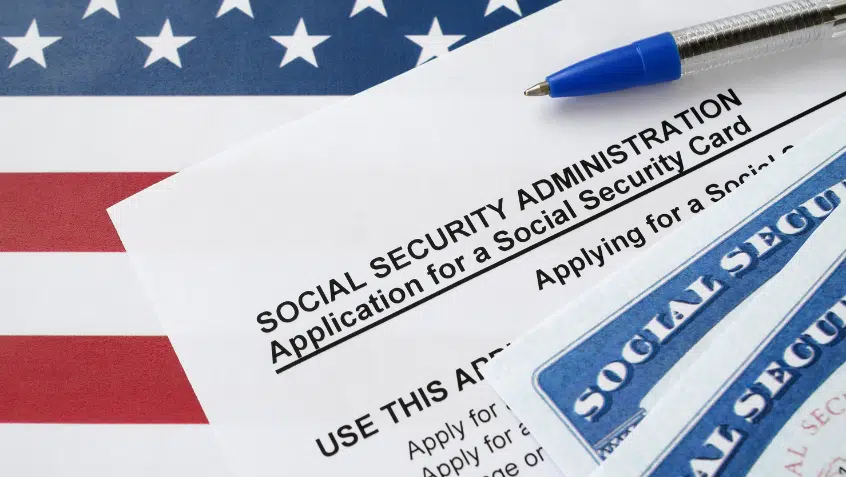Medicaid Needs Additional Funding to Avoid Cuts in Services During Coronavirus Pandemic and After

This month, the Kaiser Family Foundation (KFF) released a brief that discusses early trends in Medicaid spending and enrollment resulting from the economic and health impacts of the coronavirus public health emergency. The numbers KFF found show how important it is to bolster Medicaid funding quickly to avoid cuts in important services for older adults and people with disabilities.
Medicaid is a countercyclical program. That means that in good economic times, enrollment and spending tends to decline, while in rough economic times, enrollment tends to go up, sometimes very quickly. During economic downturns, states usually also see revenue losses from both individual and business taxes. This is problematic for Medicaid because program costs are split between the federal and state governments. So, states see increases in enrollment and costs just as they are facing shortfalls in revenue.
This is exactly what is happening now. According to KFF, before coronavirus, states were projecting relatively flat or negative enrollment growth and modest spending growth. Now, states are seeing jumps in Medicaid enrollment and higher than anticipated spending. At the same time, states are experiencing huge increases in unemployment, a trend which could continue through the end of 2020. Increases in unemployment increase state spending and signal significant tax revenue decreases. KFF projects state revenues may be down 20% to 50% compared to this time last year.
Because most states must balance their budgets each year, if a state faces a shortfall in revenue, it must cut costs somewhere else. Medicaid, because it is often a large share of state expenditures, is a prime target for such cuts. Unfortunately, these reductions often come at the expense of older adults and people with disabilities who may need services that require higher spending in order to stay safe and well in their homes.
All of these circumstances led Congress to pass an increase in federal support for Medicaid in the Families First Coronavirus Response Act which was signed into law on March 18. However, that additional support is not enough in light of the massive economic downturn states are experiencing. To protect people with Medicaid from having their life-saving services cut, the federal government can and must do more.
This week, Medicare Rights joined a letter from the Leadership Council on Aging (LCAO), a coalition of 69 national aging organizations, urging Congress to take immediate action to bolster the Medicaid program with additional federal funding. In addition, the letter urges Congress to provide support directly to states and localities to ensure needed services like police, fire, health, rescue, and school can operate uninterrupted.
Looking ahead, Medicare Rights will continue to support efforts to ensure states have the resources necessary to keep people safe and healthy in their homes and communities.
The Latest
Most Read
Trump Administration and Elon Musk’s DOGE Closing Social Security Offices, Harming Access to Services
Threats to the Social Security Administration and to Benefits Continue to Raise Alarm
New Resources Show House Budget Would Slash Medicaid, Despite Voters’ Support of Program
Federal Government Funding Decisions Loom
Add Medicare to Your Inbox
Sign up to receive Medicare news, policy developments, and other useful updates from the Medicare Rights.
View this profile on InstagramMedicare Rights Center (@medicarerights) • Instagram photos and videos









